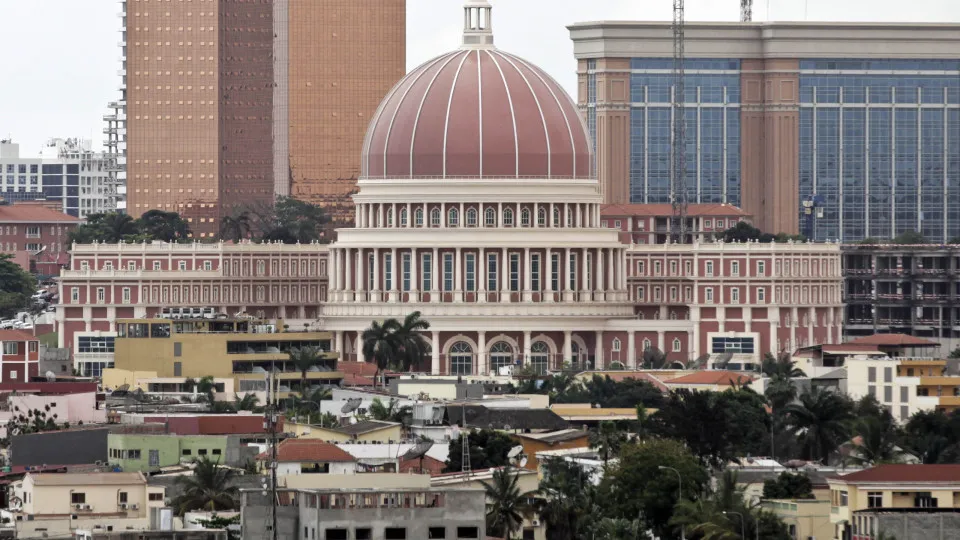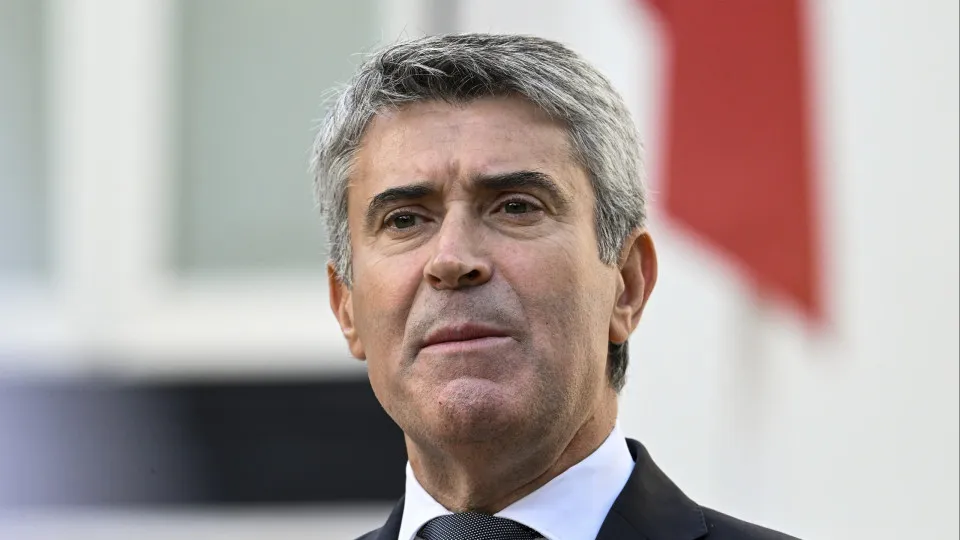
The document was approved with 118 votes in favor from the Popular Movement for the Liberation of Angola (MPLA), the National Front for the Liberation of Angola (FNLA), and the Humanist Party of Angola (PHA), against 66 votes from the National Union for the Total Independence of Angola (UNITA) and two abstentions by the Social Renewal Party (PRS).
The 2026 budget proposal anticipates revenues and expenditures of 33.2 trillion kwanzas, a figure below the current budget, representing a reduction of 4.1%, based on an average oil price of $61 per barrel.
In his voting declaration, PHA deputy Fernando Dinis stated that his affirmative vote was made “for institutional responsibility,” aiming to ensure the country’s stability, which does not signify “full agreement with the budget content.”
“The 2026 budget needs serious adjustments in the details, especially in the health, education, family agriculture, and social protection sectors,” he noted.
Conversely, PRS deputy Benedito Daniel said that the abstention considered that during the debate, some questions were raised that he hoped to be resolved, but there was not a full opportunity for answers.
“Despite agreeing with the formalism and the spirit of the proposal, doubts still persist, which constitutes a significant reservation for choosing the voting direction,” he emphasized.
UNITA parliamentary group deputy Sofia Mussonguela noted that the 2026 budget does not address the real urgencies of the Angolan people, hence the vote against it.
“We continue to see a budget excessively focused on current expenses that fuel the state’s machinery but neglect the fundamental pillars of development—health, education, family agriculture, and food security.”
From the MPLA parliamentary group, deputy Maria Idalina Valente stated that the 2026 budget reflects the continuation of a strategic vision, based on macroeconomic stability, strengthening social cohesion, and the harmonious development of Angola.
“It is a budget constructed with rigor, prudence, and a spirit of public service, aligned with the National Development Plan 2023-2027, demonstrating consistency in executing national priorities,” said the deputy of the majority party’s parliamentary group.
In responses to deputies, Minister of State for Economic Coordination José de Lima Massano stated that the Angolan economy “has entered a new development cycle,” highlighting the growth of the non-oil sector in recent years, which currently represents 80% of Angola’s Gross Domestic Product (GDP).
According to José de Lima Massano, regarding food security, “another major concern,” the record is equally noteworthy, noting that in the 2024/2025 agricultural campaign, approximately 30 million tons of various products were produced, a growth of about 50% compared to 2018.
“It’s a strong growth that is occurring with the involvement of many families and many companies operating in the field,” said the Angolan minister, emphasizing that the increase in production is allowing the reduction of food imports.
“In recent years, referring to the year 2018, the decrease compared to what we have today is about 44%. We are importing almost half of what we did in 2018, and this difference has been mainly covered by national production,” added the Angolan government official, highlighting that the increase in production is also promoting food processing, with a 60% growth in the last 12 months.




